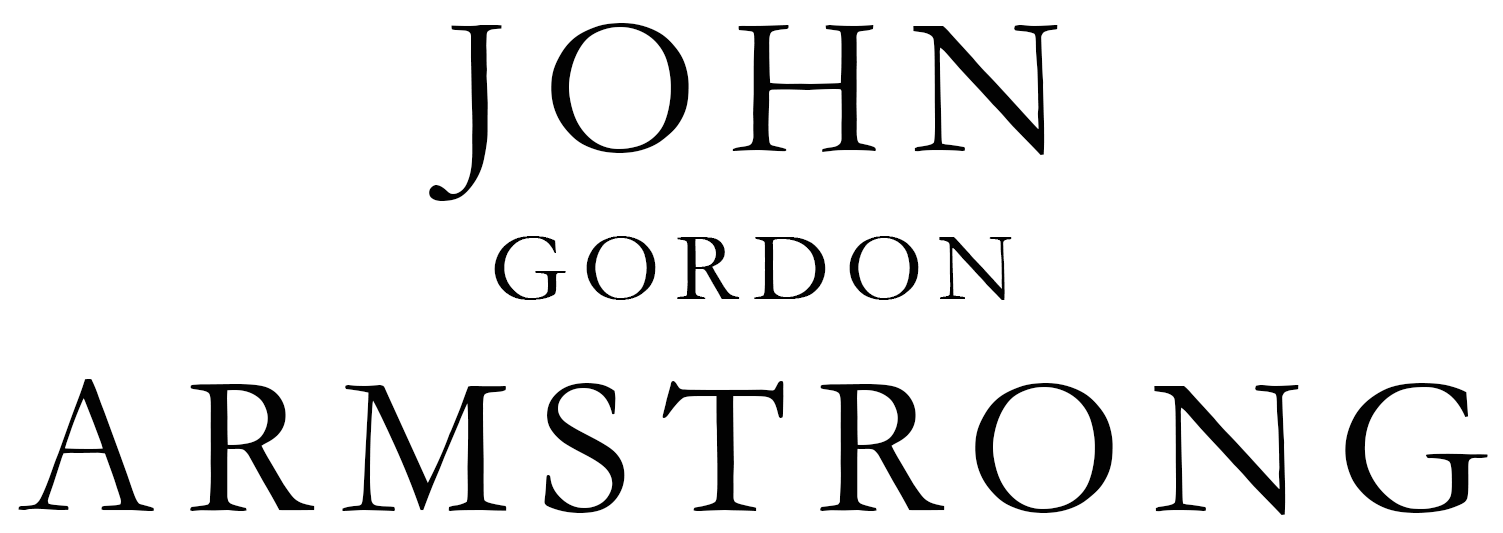After the History
Composed in 1990 for Contralto Voice, Clarinet and Piano
After the History was written for Dorothea Brinkmann, on texts by Chicago poet John Shreffler. The texts are a response to the events in Eastern Europe which culminated in the dismantling of the Berlin Wall and the subsequent reconciliation of East and West Germany.
According to Shreffler:
“Since Dorothea is a Berlinerin, I decided to write a set of texts meditating on the (then recent) events of 1989. The texts are a series of collages imbedded in a continuous discourse, not unlike the later works of Berndt Alois Zimmermann. The texts are impressionistic, drawn from a diverse array of sources, ranging from history to spy novels to the news. The third text proposes a dialog between images drawn from the recent history of the Germans vis a vis the Russians and images drawn from the history of the West since World War II. The fifth text is a set of geometric variations on the poem “Legende von Toten Soldaten” from Brecht’s Hauspostille.”
The music, like the text, does not celebrate the historical events. Rather it reflects upon them using a variety of surface styles. The setting focuses on the first, third and fifth songs and treats the second and fourth as extended interludes. The conceit of the first song is that the voice enters when the music is essentially over and provides a commentary on what has already taken place. The third song, in the spirit of Shreffler’s reference to Rilke, teeters on the edge of a syntax nostalgic for Mahler and Strauss. The final song is minimal in its repetitiveness, but harsh and stoic in its evocative intent.
After the History was premiered by Dorothea Brinkmann (contralto), William Malone (clarinet) and John MacDonald (piano) on September 28, 1991 at Clark University in Worcester, Massachusetts.
This piece has only been performed by Dorothea Brinkmann, largely because it has such a low range (E-flat below middle C). Dorothea sang it beautifully but I have not found another contralto who thought she could do it the way it needs to be done. That’s a shame because this is one of my favourite pieces; powerful, dense and evocative, terse without being dry, expressive without being banal. If you can sing that low E-flat or know someone who can, please let me know!
